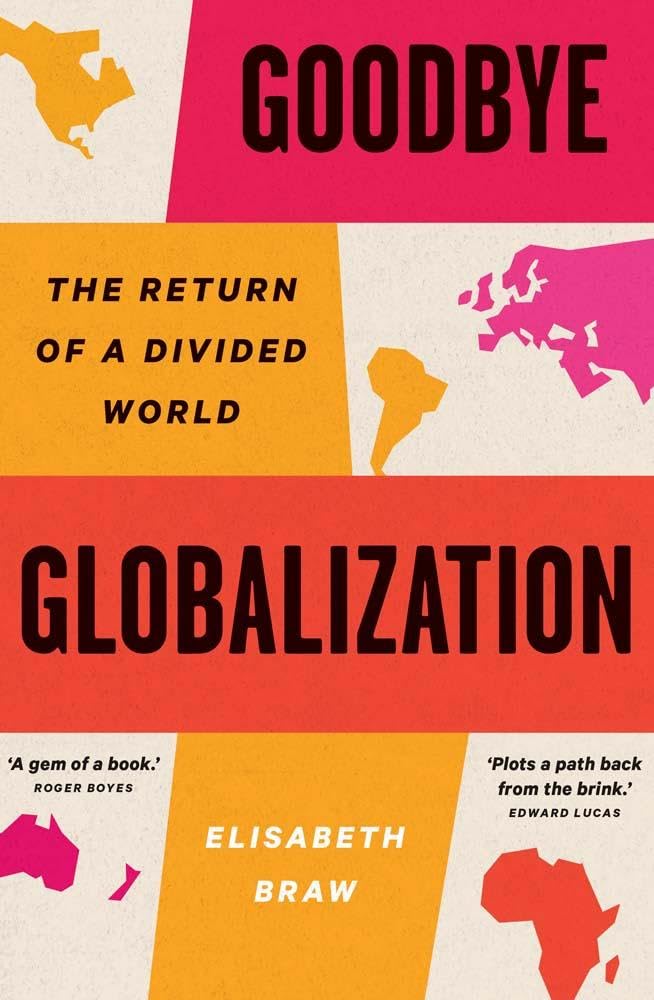MENU
Starting a Business
- Best Small Business Loans
- Best Business Internet Service
- Best Online Payroll Service
- Best Business Phone Systems
Our Top Picks
- OnPay Payroll Review
- ADP Payroll Review
- Ooma Office Review
- RingCentral Review
Our In-Depth Reviews
Finance
- Best Accounting Software
- Best Merchant Services Providers
- Best Credit Card Processors
- Best Mobile Credit Card Processors
Our Top Picks
- Clover Review
- Merchant One Review
- QuickBooks Online Review
- Xero Accounting Review
Our In-Depth Reviews
- Accounting
- Finances
- Financial Solutions
- Funding
Explore More
Human Resources
- Best Human Resources Outsourcing Services
- Best Time and Attendance Software
- Best PEO Services
- Best Business Employee Retirement Plans
Our Top Picks
- Bambee Review
- Rippling HR Software Review
- TriNet Review
- Gusto Payroll Review
Our In-Depth Reviews
- Employees
- HR Solutions
- Hiring
- Managing
Explore More
Marketing and Sales
- Best Text Message Marketing Services
- Best CRM Software
- Best Email Marketing Services
- Best Website Builders
Our Top Picks
- Textedly Review
- Salesforce Review
- EZ Texting Review
- Textline Review
Our In-Depth Reviews
Technology
- Best GPS Fleet Management Software
- Best POS Systems
- Best Employee Monitoring Software
- Best Document Management Software
Our Top Picks
- Verizon Connect Fleet GPS Review
- Zoom Review
- Samsara Review
- Zoho CRM Review
Our In-Depth Reviews
Business Basics
- 4 Simple Steps to Valuing Your Small Business
- How to Write a Business Growth Plan
- 12 Business Skills You Need to Master
- How to Start a One-Person Business
Our Top Picks
It’s a Big World After All: Should American Businesses Say Goodbye Globalization?

With free trade agreements and the end of the Cold War, the 1990s kicked off an era of international business expansion. The past few years, however, have seen many countries — and companies — shifting away from a global focus.
Elisabeth Braw, a senior fellow at the Atlantic Council and author of the new book Goodbye Globalization: The Return of a Divided World (Yale University Press), spoke with b. about the reasons for this reversal and how it’s playing out.
b.: Which industries are most affected by this retreat from globalization, both positively and negatively?
Manufacturing will see the biggest change, which is why it’s also the focus of my book. Reducing dependence on China by setting up manufacturing facilities in other countries will be an extraordinary logistical challenge, and a costly one at first. But in the long run, having made this move will stand manufacturers in good stead, as has been the case with the apparel manufacturers that began reducing their presence in China years ago.
b.: Is the change coming more rapidly than anticipated due to political and military conflicts?
It’s coming more rapidly for a whole range of reasons, and that’s the tricky part for businesses. It’s geopolitical tension between the West and a loose grouping of countries led by Russia and China … It’s the war in Ukraine, and it’s [also from] unhappiness with globalization among Western citizens. Businesses need to monitor every aspect, not just the most obvious ones. … Houthi rebels in Yemen have launched a sustained campaign of attacks on ships in the Red Sea that has … caused shipping lines to divert to the Cape of Good Hope, and as a result caused delays in deliveries. … COVID, of course, also made painfully clear that in a crisis, countries can’t assume they’ll get their regular supplies from other countries.
b.: How do you think international companies should respond?
By adding second sources to their supply chains — and telling their customers, prospective customers, shareholders, and prospective shareholders about it. Supply chain resilience is more expensive than “just in time,” but companies that are serious about it can use it as a selling point [with] more focus on manufacturing hubs serving different parts of the world. … This shift will be extremely difficult for manufacturers and their suppliers to execute, but there’s no other way forward. And the new arrangements they create will serve them well for years to come.
b.: You note that the “new version” of the global economy must address citizens’ job losses, the need for an even playing field, and climate change. How can businesses best accomplish this?
By realizing that business is no longer neutral, and by being open and transparent with customers, prospective customers, shareholders, and prospective shareholders about their plans. Businesses can’t pretend that the changes we’re experiencing are just a small blip. These changes are an inflection point that requires a radically different strategy, one that fundamentally takes factors as different as geopolitics and climate change into account.
b.: Can you discuss how the rise in online boycotts fuel a globalization retreat?
Consumers, especially Gen Z, have a different approach to companies than older generations do — they want businesses to also represent values. … But the campaigns can be quite random since it’s hard for consumers to fully discern a major company’s operations and plans. Chinese consumers, conversely, engage in boycotts and hashtag campaigns of Western companies seen to have violated Chinese sensibilities by, for example, failing to include Taiwan on a map of China. It’s almost impossible for global companies to navigate these sentiments.
This article first appeared in the b. Newsletter. Subscribe now!
